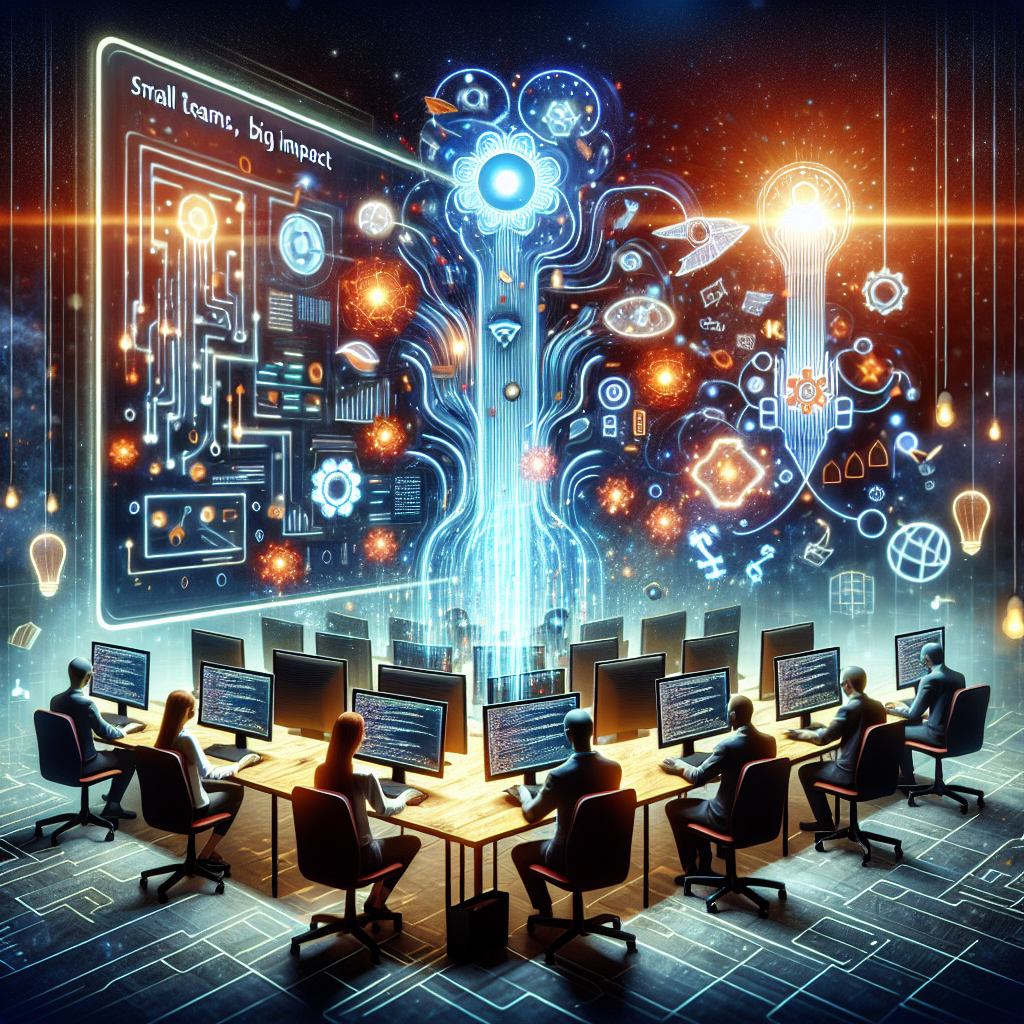
Imagine a reality where writing, debugging, and deploying software occurs with an astonishing speed that feels almost superhuman. This isn’t a distant dream; it’s unfolding today through a new wave of AI-powered tools that are reshaping the software development landscape. From intelligent systems that take over tedious coding tasks to autonomous agents that can write pull requests and conduct real-time code reviews, these innovations promise to enhance productivity to levels previously thought unattainable.
Small teams are now equipped to compete with tech giants, and large organizations can scale operations faster than ever. AI tools are not just an enhancement but a transformation in how developers interact with code, with the primary question shifting from whether to adopt these tools to how soon they will enter the workplace.
OpenAI’s ChatGPT AI is at the forefront of this change, attracting attention for its potential to unlock efficiencies that can skyrocket productivity by a staggering 10x for teams of all sizes. Among the notable developments is Warp, an AI-driven multitasking integrated development environment (IDE) that allows developers to manage various tasks seamlessly while maintaining high-quality standards. This is coupled with Code Rabbit, a groundbreaking automated reviewer that ensures software quality and security by flagging vulnerabilities early in the process.
The introduction of these tools represents a significant shift in the software development process. No longer strictly for seasoned developers, even non-technical contributors can leverage this technology to create robust software solutions. For instance, the autonomous agent known as Charlie Labs exemplifies the power of AI by tackling responsibilities typically reserved for human developers. From identifying bugs to effectively generating pull requests and facilitating collaboration within teams, these agents free developers to channel their efforts into creative and innovative solutions.
AI Transforming Software Development
The key takeaways from this movement towards AI-driven software development are clear: automation is set to redefine coding, debugging, reviewing, and deployment. Smaller teams are positioned to achieve a level of precision and efficiency that rivals their larger counterparts. The entirely new realm of AI-powered development environments, such as Warp—enhanced by GPT technology—provides developers with multitasking capabilities, knowledge retention mechanisms, and real-time code review features, significantly lessening the cognitive load typically associated with software development.
Moreover, Code Rabbit is changing how teams address bottlenecks in the coding process. By automating code reviews and incorporating features like actionable inline comments and adaptive learning tailored to specific teams, the tool not only lends efficiency but also improves overall code quality. As such, it empowers developers to work more effectively while ensuring that their software meets high standards.
Empowering Non-Developers and Bridging Gaps
Saliently, the evolution of AI tools fosters greater collaboration between technical and non-technical team members. The tool Please Fix, for instance, enables non-developers to make real-time modifications to websites, thus eliminating the bottleneck that often arises due to a dependency on technical staff. By bridging this gap, it empowers a broader range of team members to contribute meaningfully to projects, fostering an inclusive atmosphere that promotes innovation.
The potential implications of these advancements in AI are vast. As artificial intelligence continues to streamline software development processes, it reshapes not only workflows but also the broader perspectives on software creation and collaboration within teams. The result is a level playing field where creativity and productivity can flourish irrespective of team size or technical know-how.
In a world increasingly shaped by AI, the question then becomes not if, but how quickly organizations will adapt to these transformative tools. Developers, team leaders, and innovators must consider the integration of these technologies not as a choice but as a necessary evolution in their approach to software development. Embracing these advanced AI tools will be critical for anyone looking to remain competitive in an ever-evolving landscape of technology.

Leave a Reply